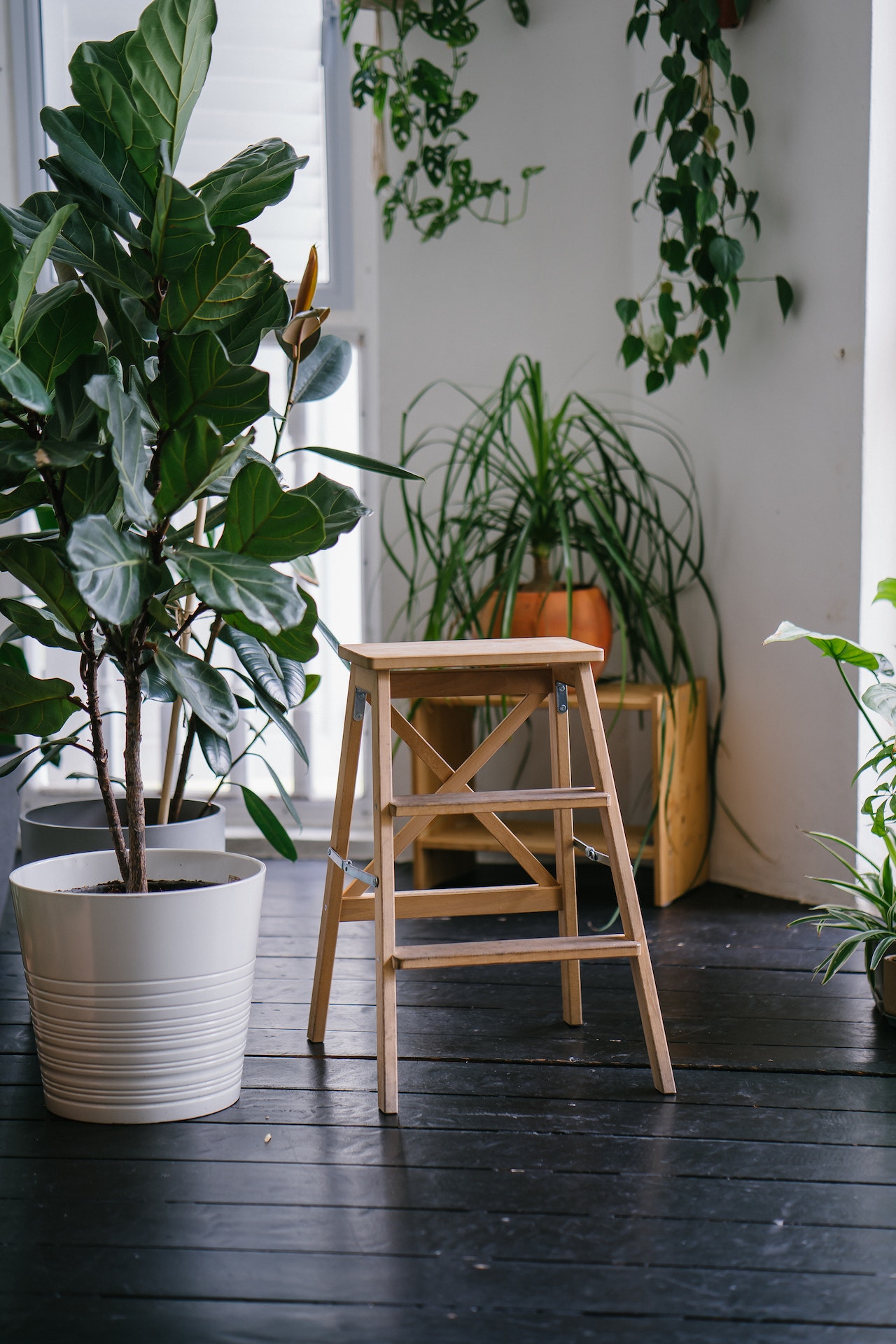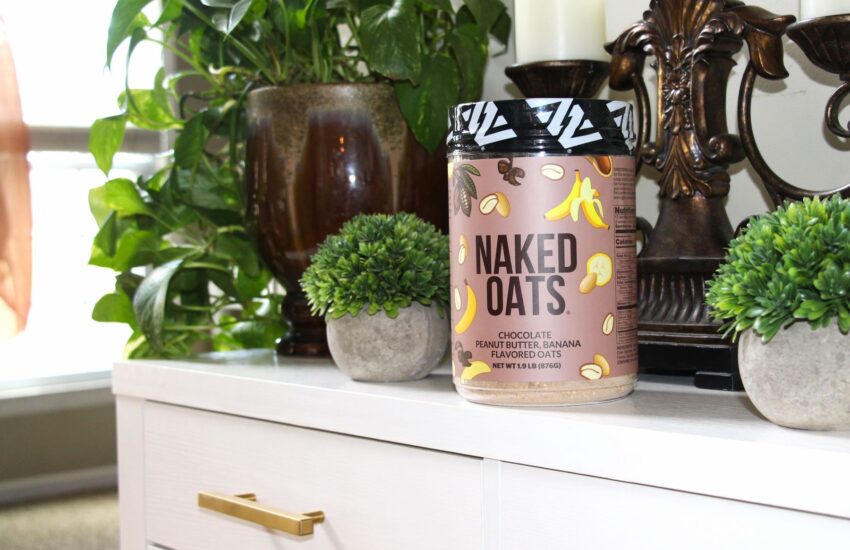Improving The Air Quality In Your Home
Often when we think about air pollution, we think about cities that are packed with cars and are close to industrial places. But one of the biggest threats to your health regarding air pollution comes from the home.
If you think about how much time you spend in your home, it makes sense that you want to ensure you have the highest air quality possible.
Here are a couple of things that can happen when you have poor home air quality:
- Allergic reactions
- Asthma
- Pneumonia
As well as more serious things like cancer and heart diseases.
Indoor plants
While you might not think a plant can help too much, if you have the right plants, they clean the air in the home. Plants can clear out VOCs, fine particles, and many indoor pollutants.
Common Ivy, peace lilies, and dracaena are some of the best options. Not only do they look great, but they can help reduce some of the allergens that make people feel stuffy and unwell.
Heating systems
Fireplaces and even radiators can reduce the air quality in the home. Wood-burning stoves and fireplaces, in particular, can release many harmful particles into the air, and they will be breathed in by the whole family. Some of the chemicals that are released can increase the development of lung conditions.
Any gas-powered systems risk carbon monoxide, so it is a good idea to ensure that you have a monoxide detector.
HVAC
Your HVAC plays a huge role in the air quality within your home. A badly maintained HVAC will spread bacteria, allergens, dust, and in some cases, other harmful substances.
Ventilation and air filtration are key in keeping the air in your home of high quality. Ensure that an HVAC contractor regularly maintains your HVAC system.
Fresh air
With the cost of heating rising, it can be tempting to keep your windows closed because you want to ensure the heat stays in. However, letting fresh air in will increase the air quality in your home. It encourages air to move around and can help move potential air contaminants out.
Air purifier
Indoor allergens can be hard to control, and it can be a nightmare if you have asthma or a dust allergy. Air purifiers can help capture some irritants that might trigger a sneezing or coughing fit.
It is best to put air purifiers in rooms that you suspend a lot of time in, and it can also be important to consider a dehumidifier.
Damp areas are a nightmare for those hoping to improve indoor air quality. Dehumidifiers will help reduce the dampness and therefore reduce the likelihood of mold particles in the air. To further improve this, be sure to clean off the mold on the walls when possible.
Cooking vents
Most indoor air pollutants come from the kitchen, so if you haven’t used your cooking vents, it is time to use them. Even electric stove tops can release particles. Opening windows and using the kitchen vents will help reduce what gets into the air from this everyday activity.
Another important area to tackle is reducing the amount of pet hair in the home: 4 Tips for Dealing With Pet Hair Like a Pro



Thank you for sharing such important information. Good air filtration is really important. But it is not enough to install the best filters such as filters with a high MERV rating or HEPA filters. The key rule is to replace them in time. Being dirty, even a good air filter cannot perform its work properly.